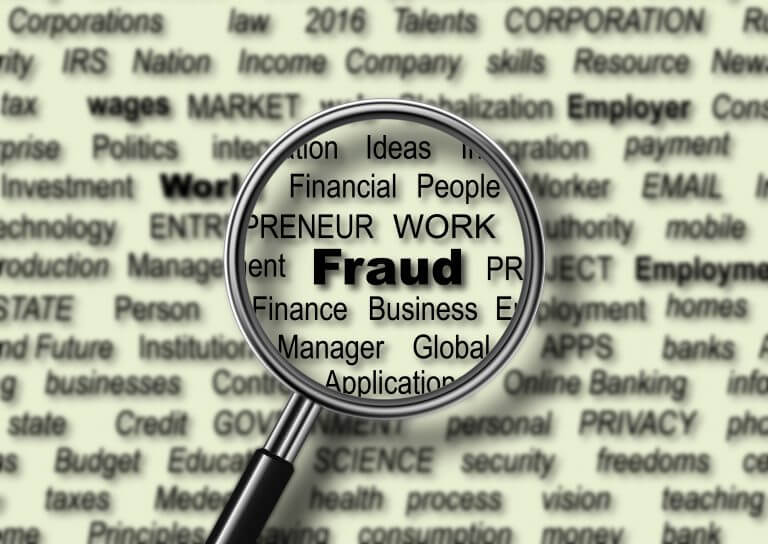Science Fraud Is a Bigger Problem Than We Think and Now There May be A Fix
The human race relies on scientific facts to dictate the most important aspects of our lives from medicine to weather patterns; what happens if the data is wrong? Well, it turns out, not much. Science fraud is a dark family secret of the scientific community, but now it’s being brought to light thanks to a team of researchers and a new program. Statcheck is capable of checking the data of thousands of scientific studies, papers, and published trials. According to an in-depth piece in The Guardian, during Statcheck’s first 24 hours online it reviewed published psychology papers. The next day, nearly every academic in the field received an email from the program, letting them know that their work had been reviewed. It’s a first, because there is no one governing body that reviews scientific data in this way.
Finding the Fraud
Statecheck is merely the program, the inventors are Chris Hartgerink and Michèle Nuijten. They are based at Tilburg University’s Meta-Research Center, which studies bias and error in science. Statcheck’s method, according to the inventors, is simple. They consider it more of mathematical spellchecker than a review. Statecheck targets the math at the heart of any scientific data, and it’s enough to put the community on edge. According to the article, Statcheck’s inaugural run of psychology journals discovered about half of all papers in those journals contained a statistical error. Nature published the results in the hopes they would be perceived as valuable acknowledgment of errors within science. But as the publication details, the scientific world saw more offense than value.
It turns out that Hartgerink is one member of a very small community within science. He is working full-time to detect science fraud. He claims fellow researchers know what a large problem fraud is but most are not working hard enough to solve the issue. He says that Statcheck is showing what is now possible and there is even more on the horizon. He hopes his next improvement on the program will uncover fake or manipulated dataӔnot just errors.
How Big is The Problem?
According to The Guardian, the scientific community thinks they will detect science fraud on their own, without outside intervention. However, despite several high-profile attempts to uncover scientific misconduct, scientists still have no real idea how prevalent fraud actually is. There is one accepted standard of science fraud data. It was released in 2009 by Stanford researcher Daniele Fanelli. In this model “about 2% of scientists had falsified data at some point in their career.” Even by that estimate, thousands of scientists compromised data every year. Science fraud can cause serious harm, one of the examples outlined in the article point to a case in Sweden. Paolo Macchiarini, a doctor at Karolinska Institute, apparently misrepresented the effectiveness of an experimental surgical procedure. Right now, he is under investigation by Swedish police who think his methods may have killed several patients.
Self-Policing
The actual policing of science fraud is left to the individual scientist. When scientists publish papers, they release the data that backs their findings. Then they are subject to a peer review. But most peer reviews take place behind closed doors and discussions are not typically released. Once the review is complete the findings must go through the editors of the journal before they are officially released. This is the accepted standard of science fraud detection, and most in the community agree it works. But Hartgerink, according to the article, is part of a group that believes this practice is harmful and he advocates a more open approach. With this in mind, he made his findings with Statcheck public. Within a month of publishing his results, the Office of Research Integrity (part of the US National Institutes of Health) awarded Hartgerink a $100,000 grant – to keep at it.
Change is Slow
The scientific community has self-policed science fraud for decades. Looking to an outside and public source is revolutionary and any change is expected to be a slow process. Statcheck and its inventors are just starting to bring closely guarded data to light. It will take time to see how the idea of more public scrutiny is embraced in the future.
Jeffrey Newman represents whistleblowers and can be reached at 1-800-682-7157
